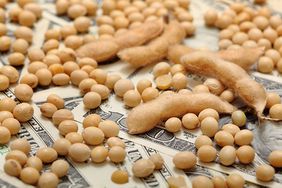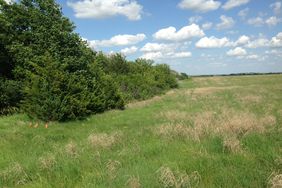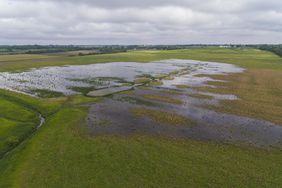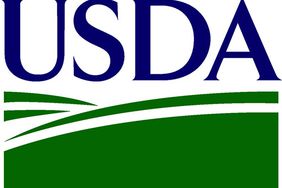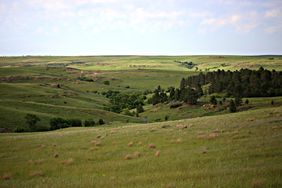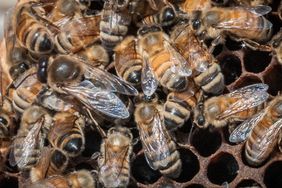:max_bytes(150000):strip_icc()/51221116849_60d96e0b8f_o-2000-cf65a724b4a04ab7ab5571070625cf7a.jpg)
The U.S. Department of Agriculture today announced up to $225 million in available funding for conservation partners through the Regional Conservation Partnership Program (RCPP).
RCPP is a partner-driven program that leverages collective resources to find solutions to address natural resource challenges on agricultural land. This year's funding announcements include opportunities for projects that address climate change, benefit historically underserved producers, and support urban agriculture.
"RCPP is public-private partnership at its best," Natural Resources Conservation Service (NRCS) Chief Terry Cosby says. "We're harnessing the power of partnership to create lasting solutions to global challenges, like climate change, and support producers and communities who have been underserved in the past."
There are two types of funding opportunities under RCPP: RCPP Classic and RCPP Alternative Funding Arrangements (AFA).
RCPP Classic projects are implemented using NRCS contracts and easements with producers, landowners and communities, in collaboration with project partners.
Through RCPP AFA, partners have more flexibility in working directly with agricultural producers to support the development of new conservation structures and approaches that would not otherwise be available under RCPP Classic.
Project types that may be suited to AFA:
- Projects that use innovative approaches to leverage the federal investment in conservation.
- Projects that deploy a pay-for-performance conservation approach.
- Projects that seek large-scale infrastructure investment that generate conservation benefits for agricultural producers and nonindustrial private forest owners.
USDA is accepting project proposals for both components of RCPP through 11:59 p.m. on April 13, 2022. View the funding opportunity on grants.gov for RCPP Classic and RCPP AFA.
- READ MORE: USDA expands conservation programs for 2022
Funding is open to agriculture and silviculture associations, non-government organizations, India tribes, state and local governments, conservation districts and universities, among others.
Partners are expected to offer value-added contributions to amplify the impact of RCPP funding in an amount equal to or greater than the NRCS investment.
Private landowners can apply to participate in an RCPP project in their region through awarded partners or at their local USDA service center.
Regional Conservation Partnership Background
First authorized in the 2014 Farm Bill, RCPP has leveraged partner contributions of more than $1 for every $1 invested by USDA, resulting in nearly $3 billion collectively invested in natural resource conservation on private lands.
Since inception, RCPP has made 579 awards involving over 3,000 partner organizations. Currently, there are 408 active projects, with at least one active project in every state and area. Successful RCPP projects provide innovative conservation solutions, leverage partner contributions and offer impactful and measurable outcomes.
Today's RCPP announcement builds on other efforts by the Biden-Harris Administration to address climate change. Earlier this week, NRCS announced a new Cover Crop Initiative, available through the Environmental Quality Incentives Program (EQIP) to help agricultural producers mitigate climate change through the widespread adoption of cover crops. NRCS also announced the signup for EQIP Conservation Incentive Contracts and an improvement to the Conservation Stewardship Program (CSP).
Last week, USDA's Risk Management Agency (RMA) announced details of the new Post Application Coverage Endorsement, providing coverage for corn producers who "split apply nitrogen," a more conservation friendly way to apply fertilizer.
